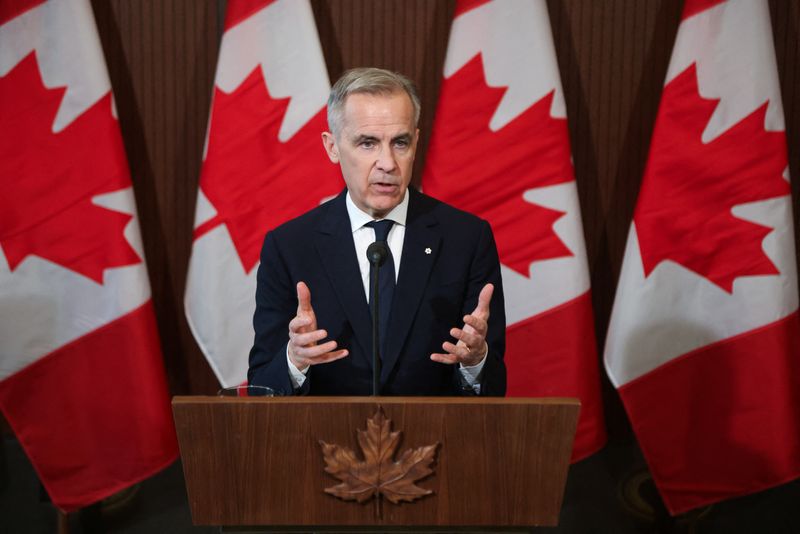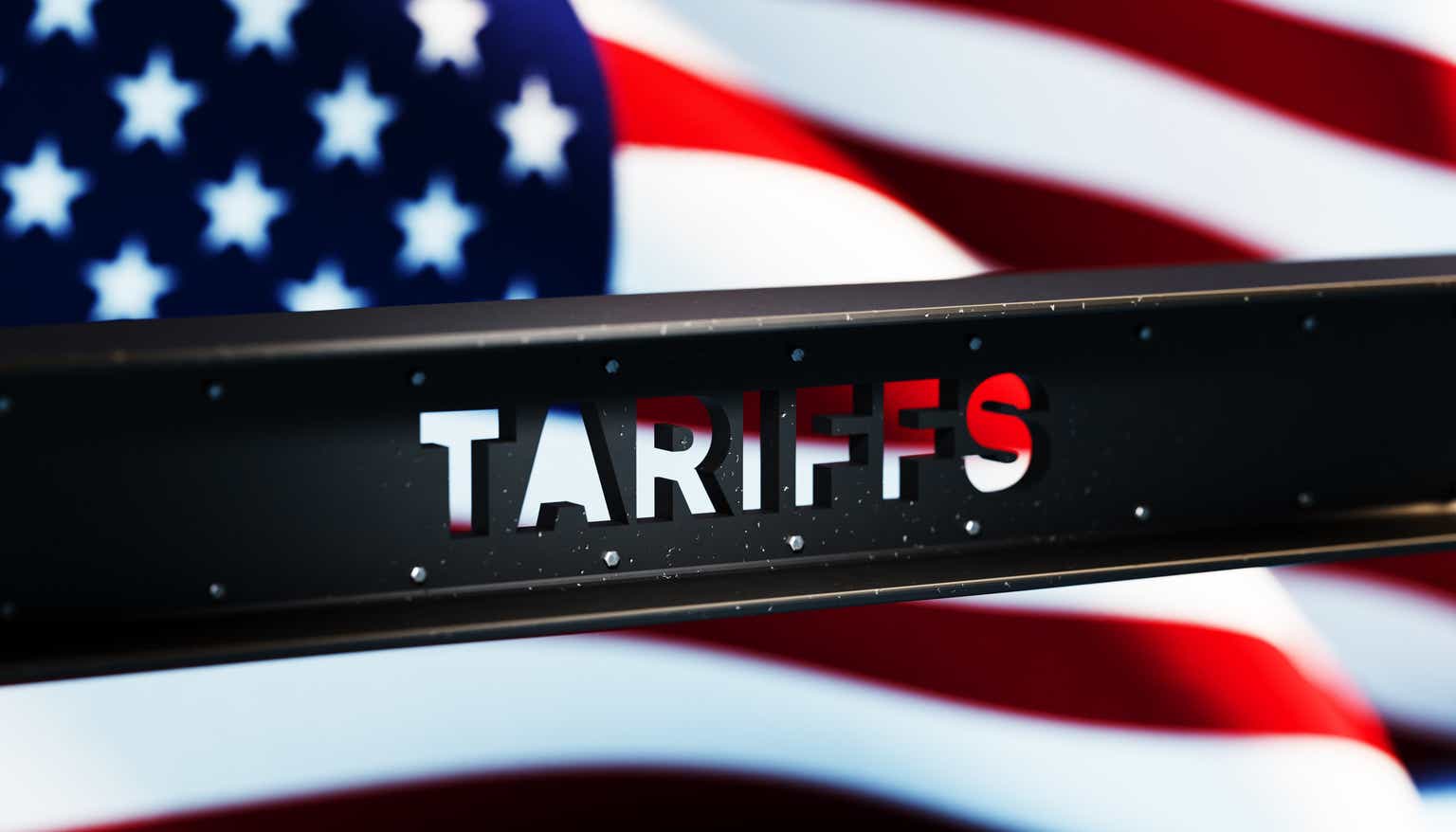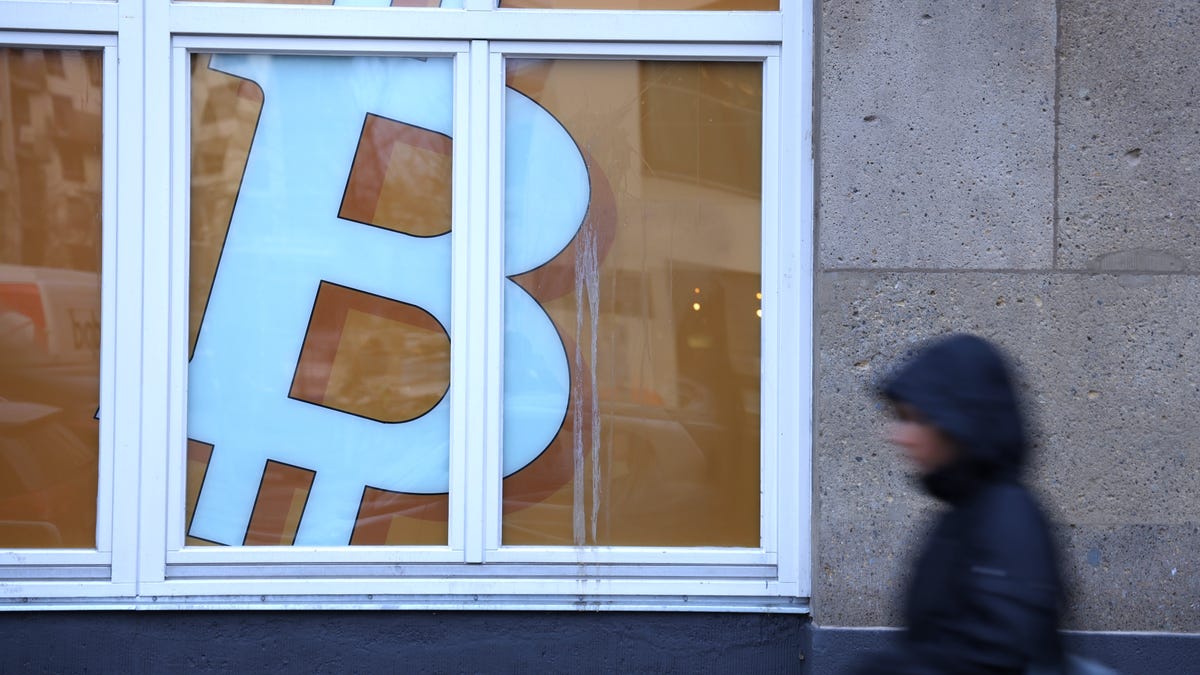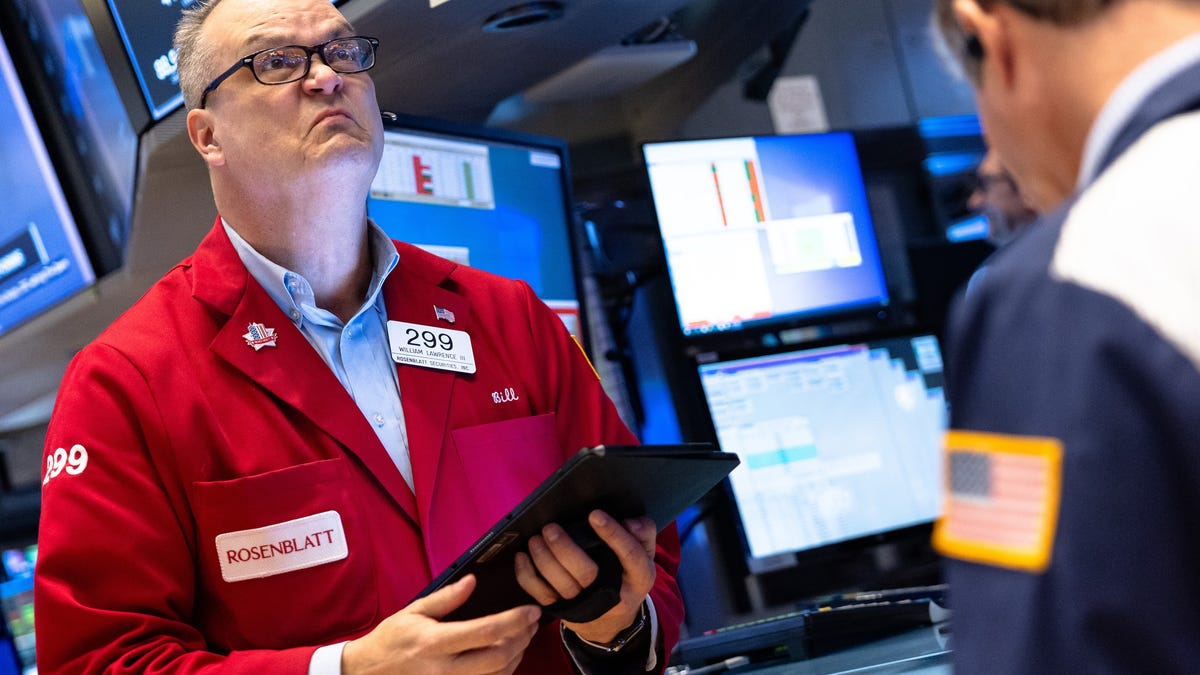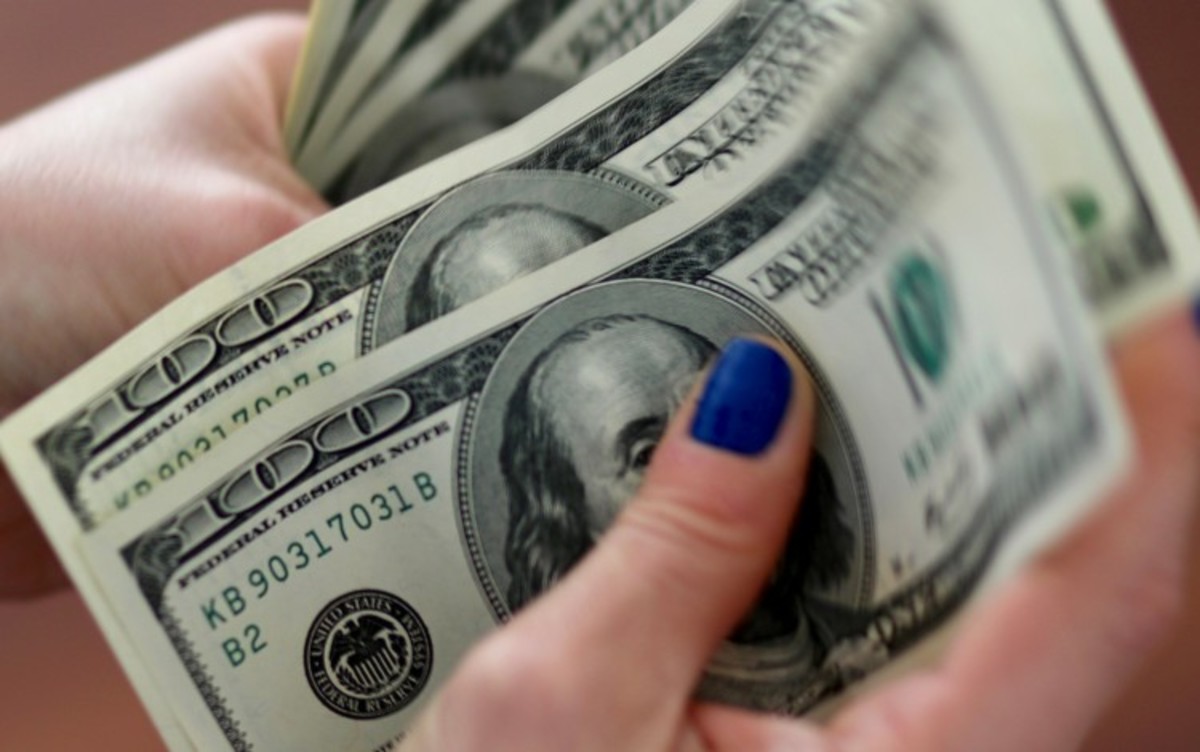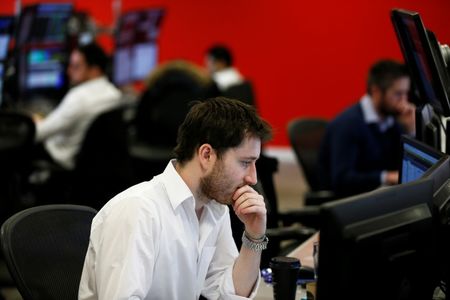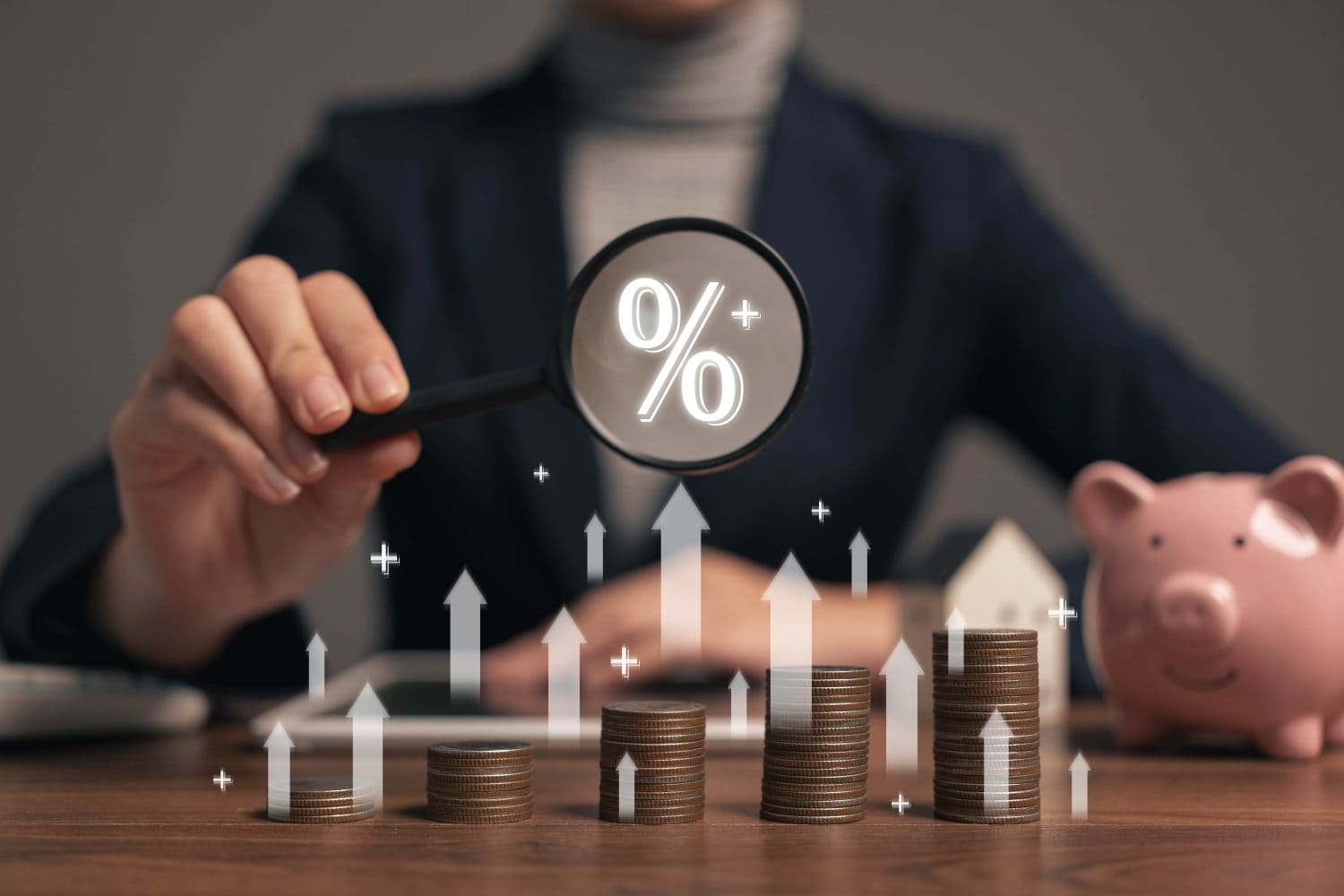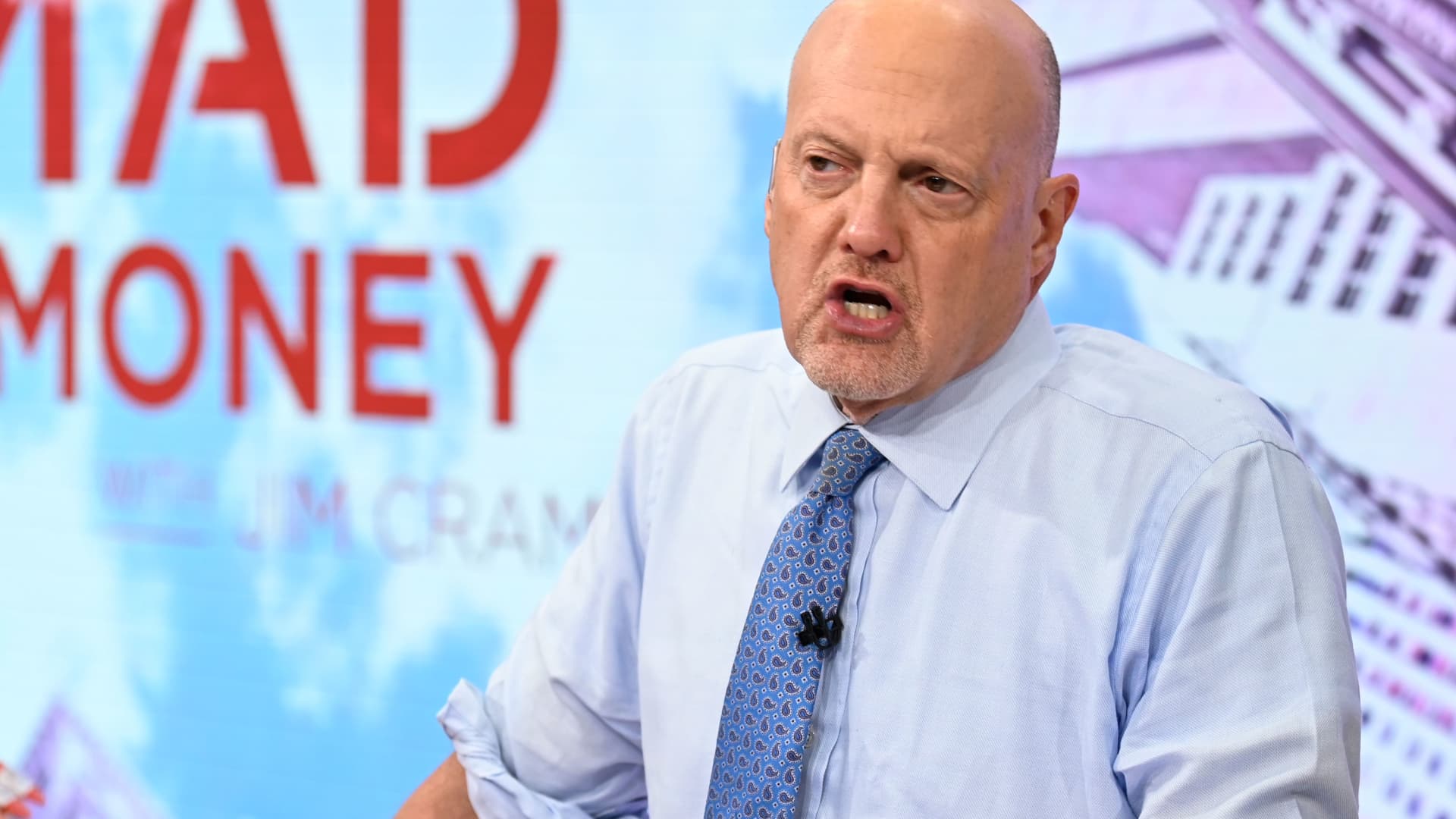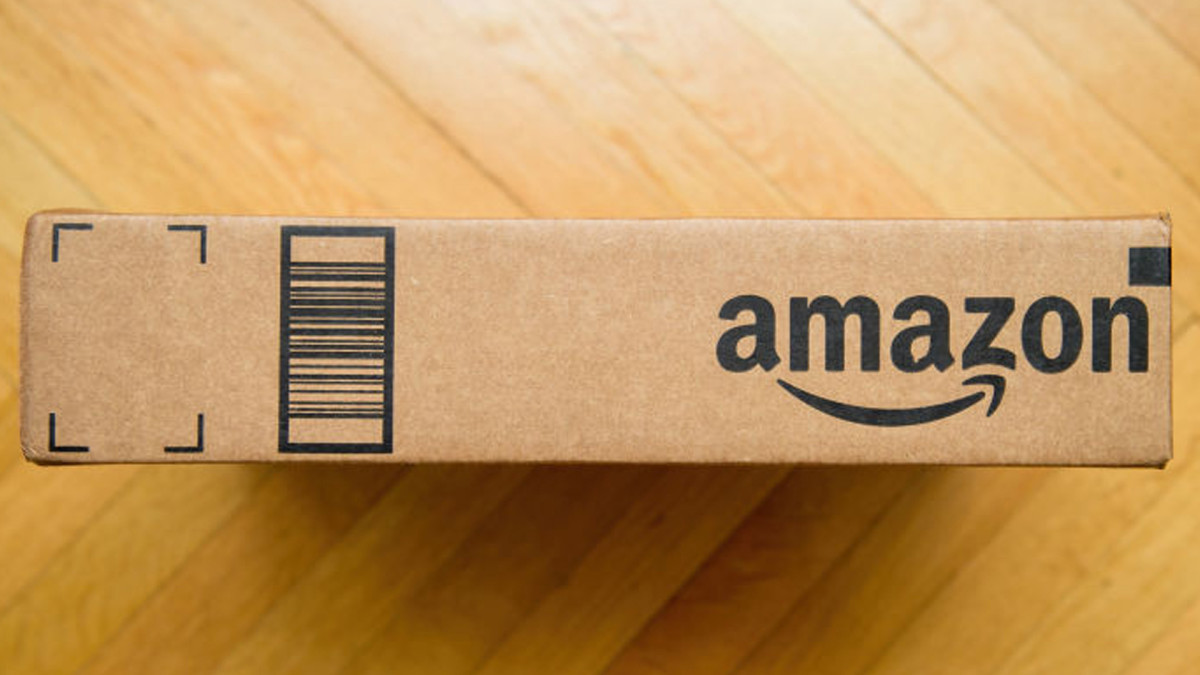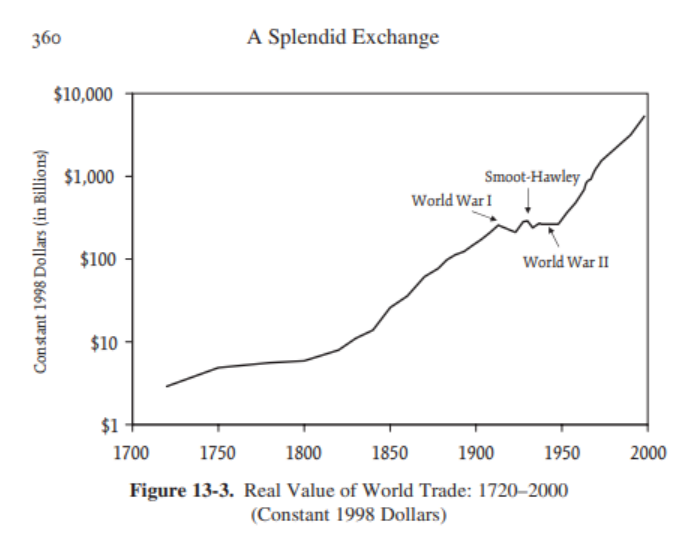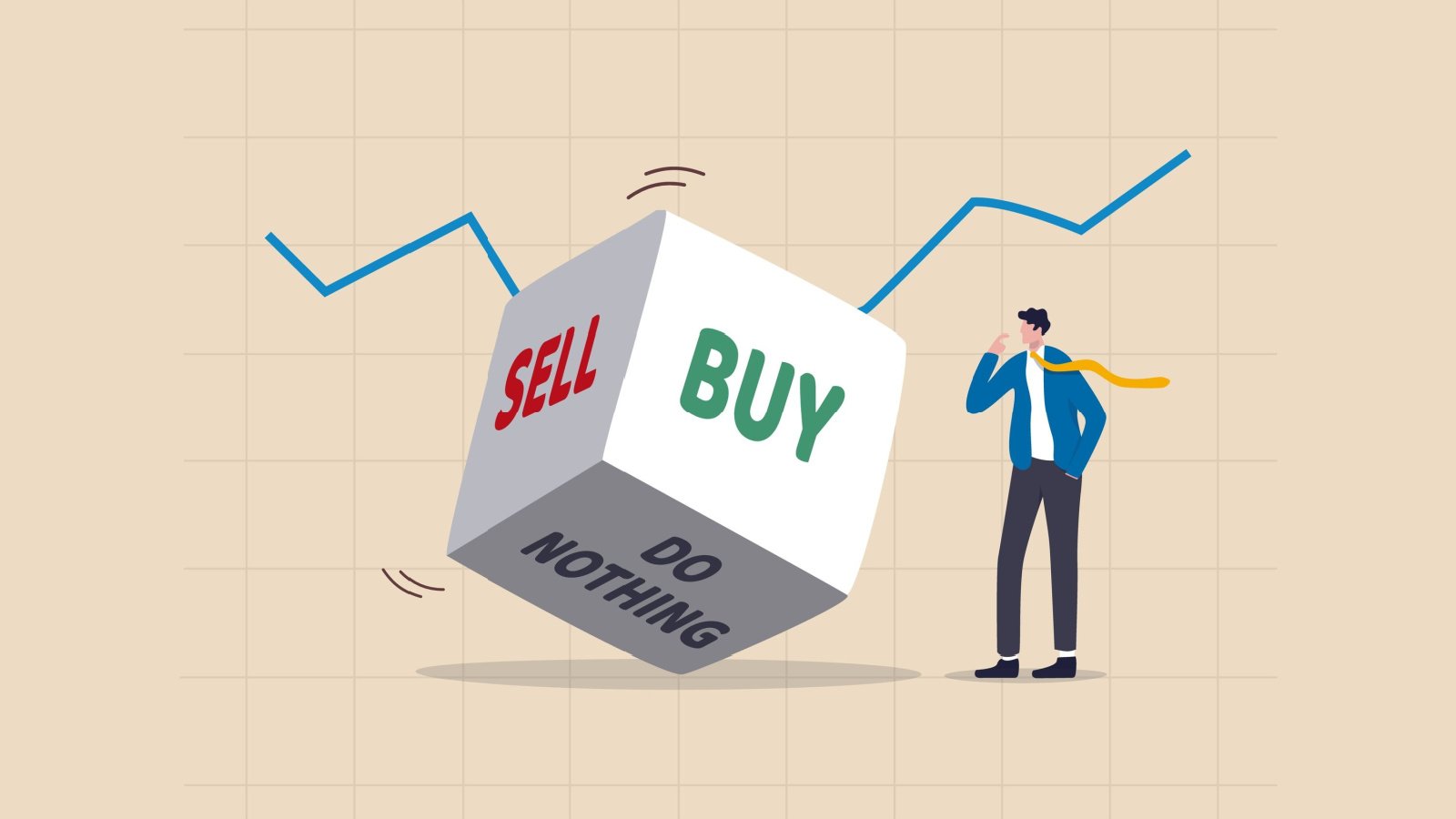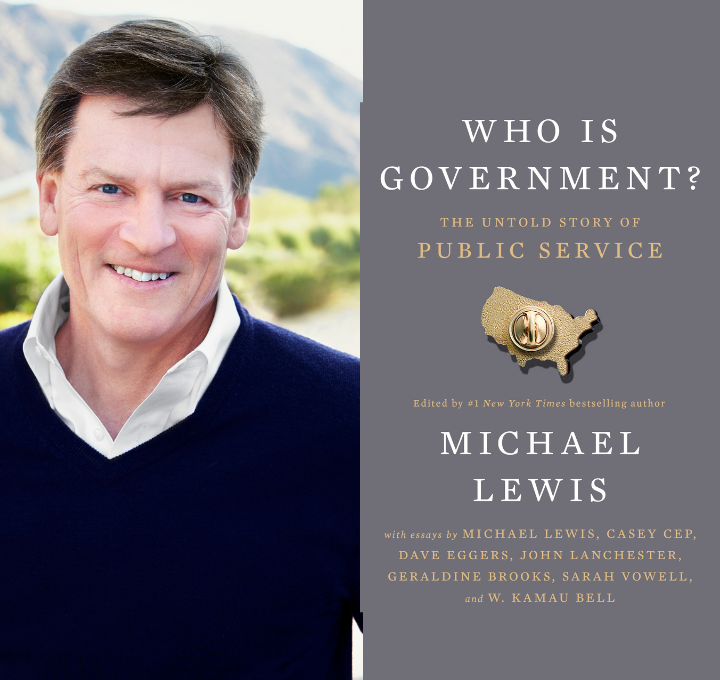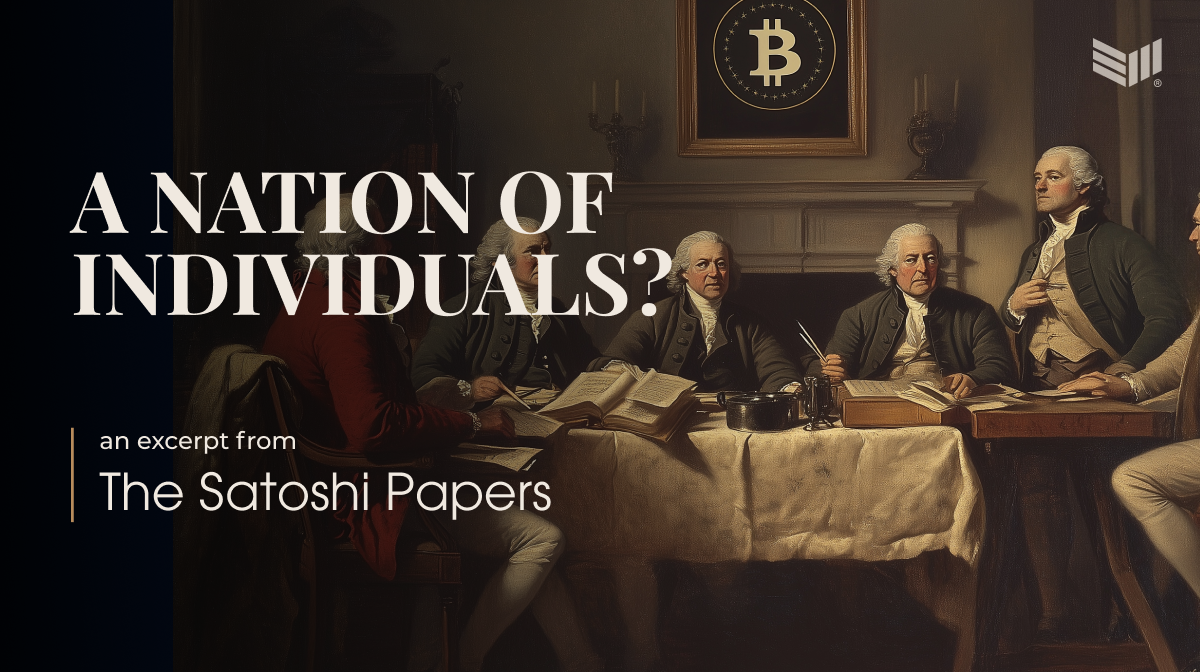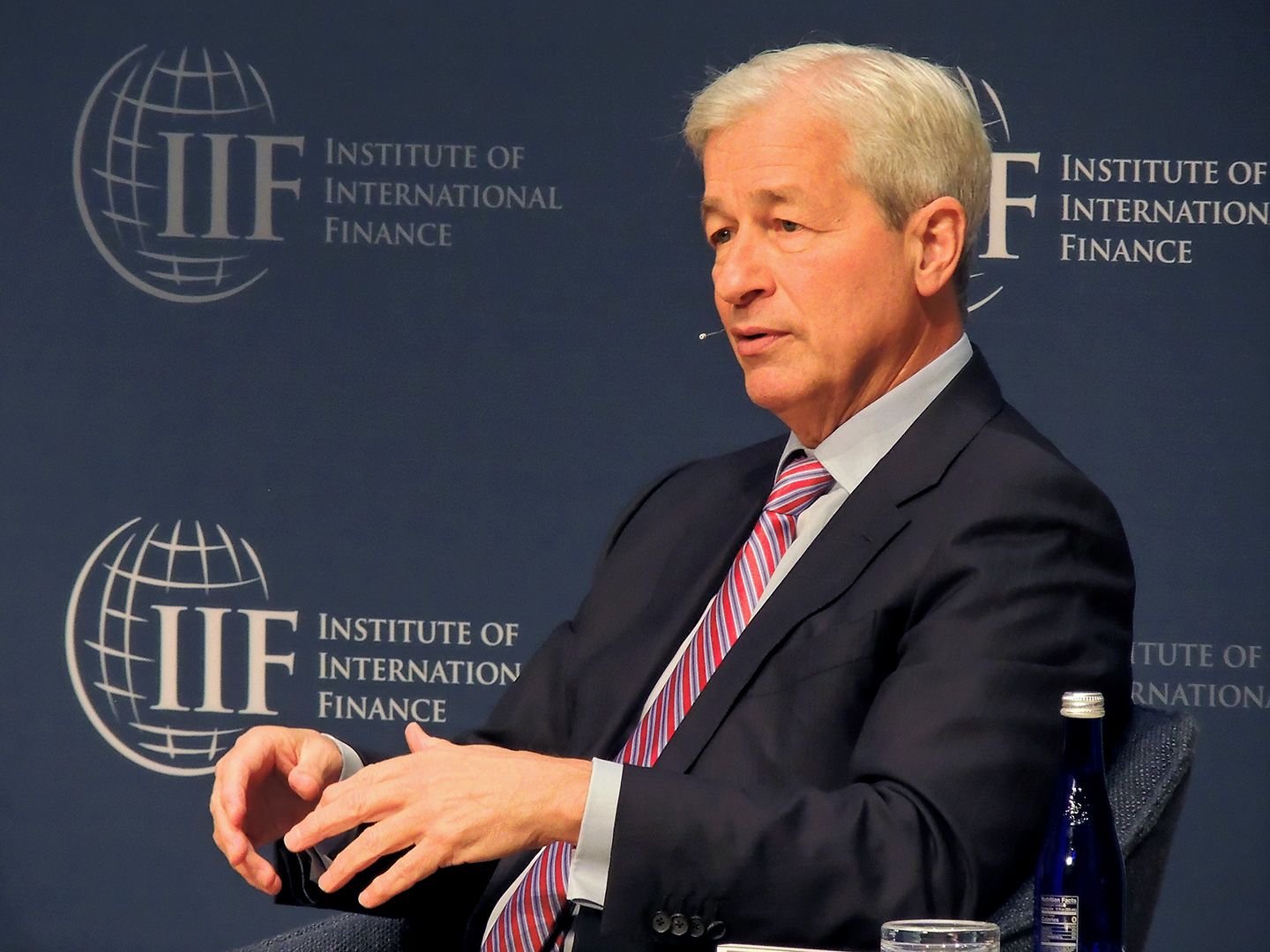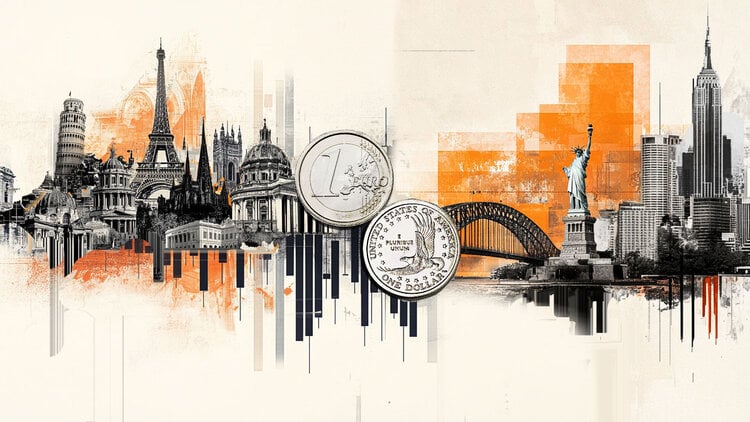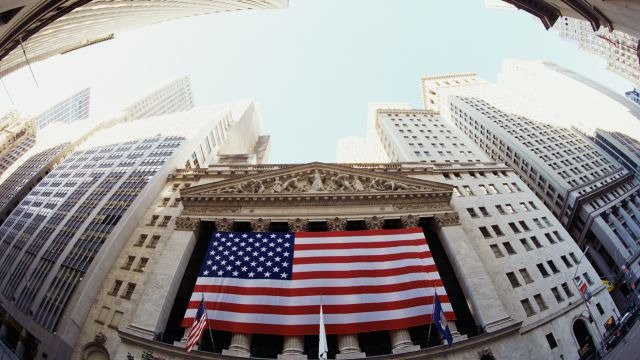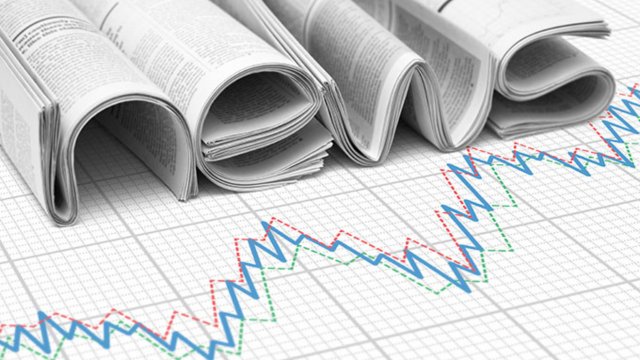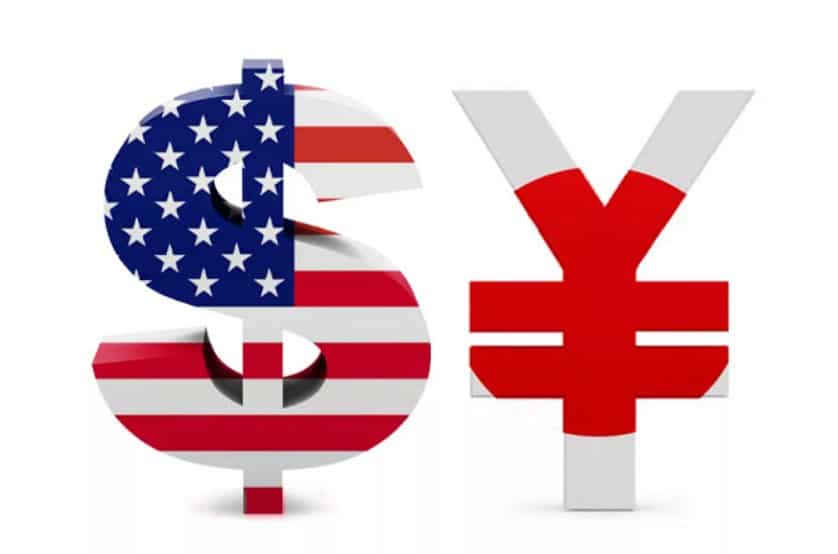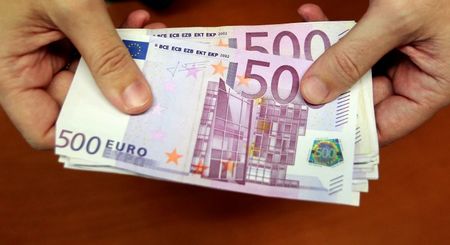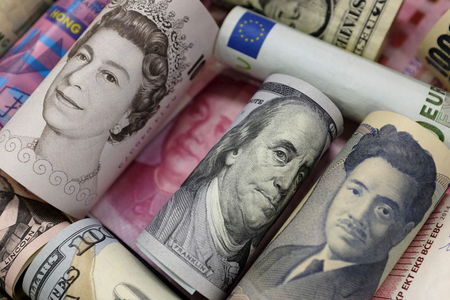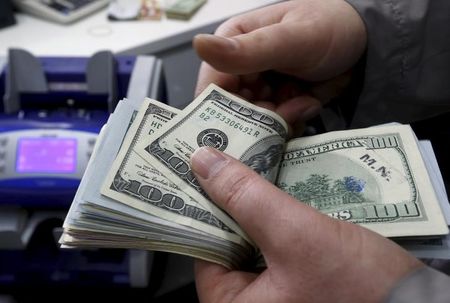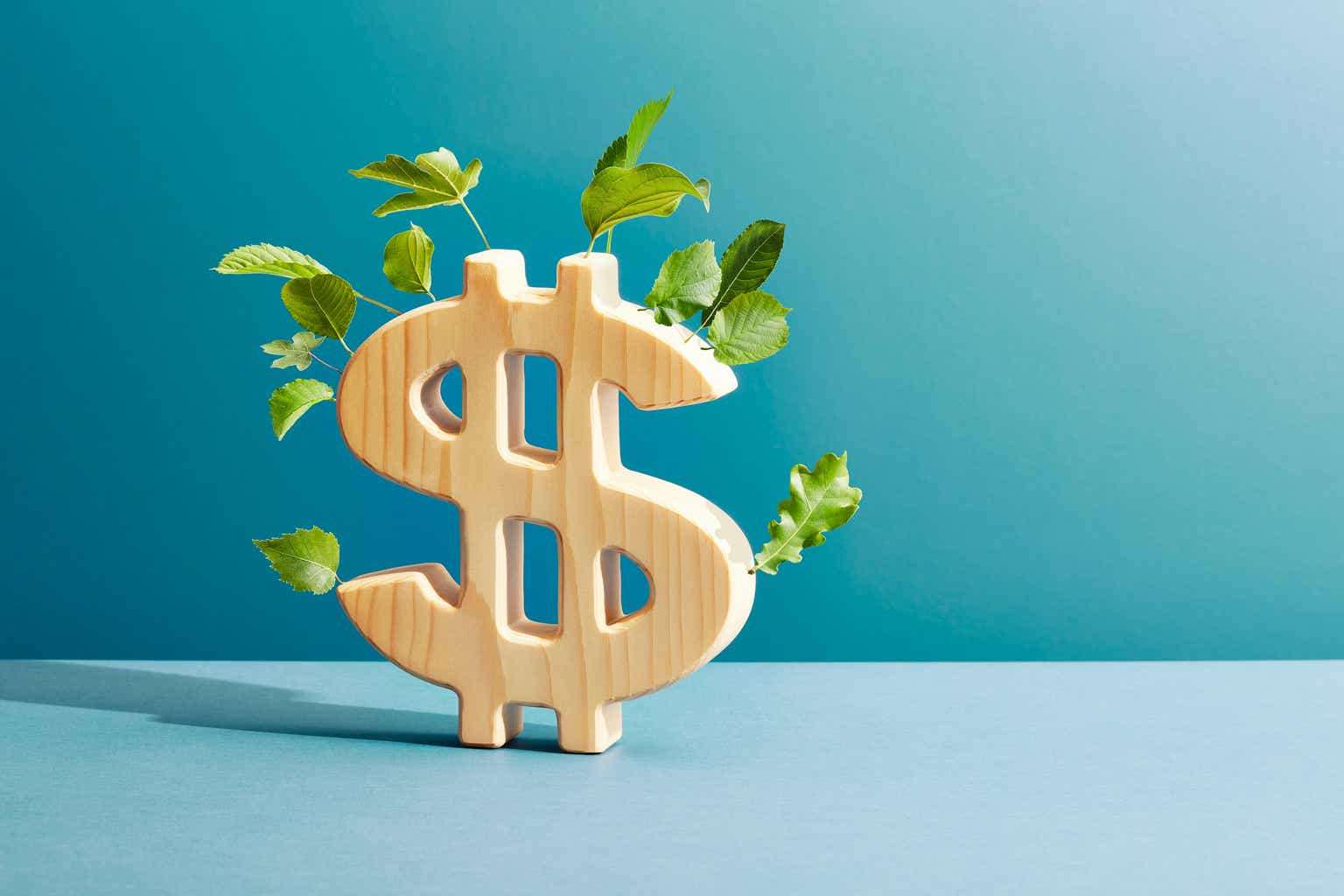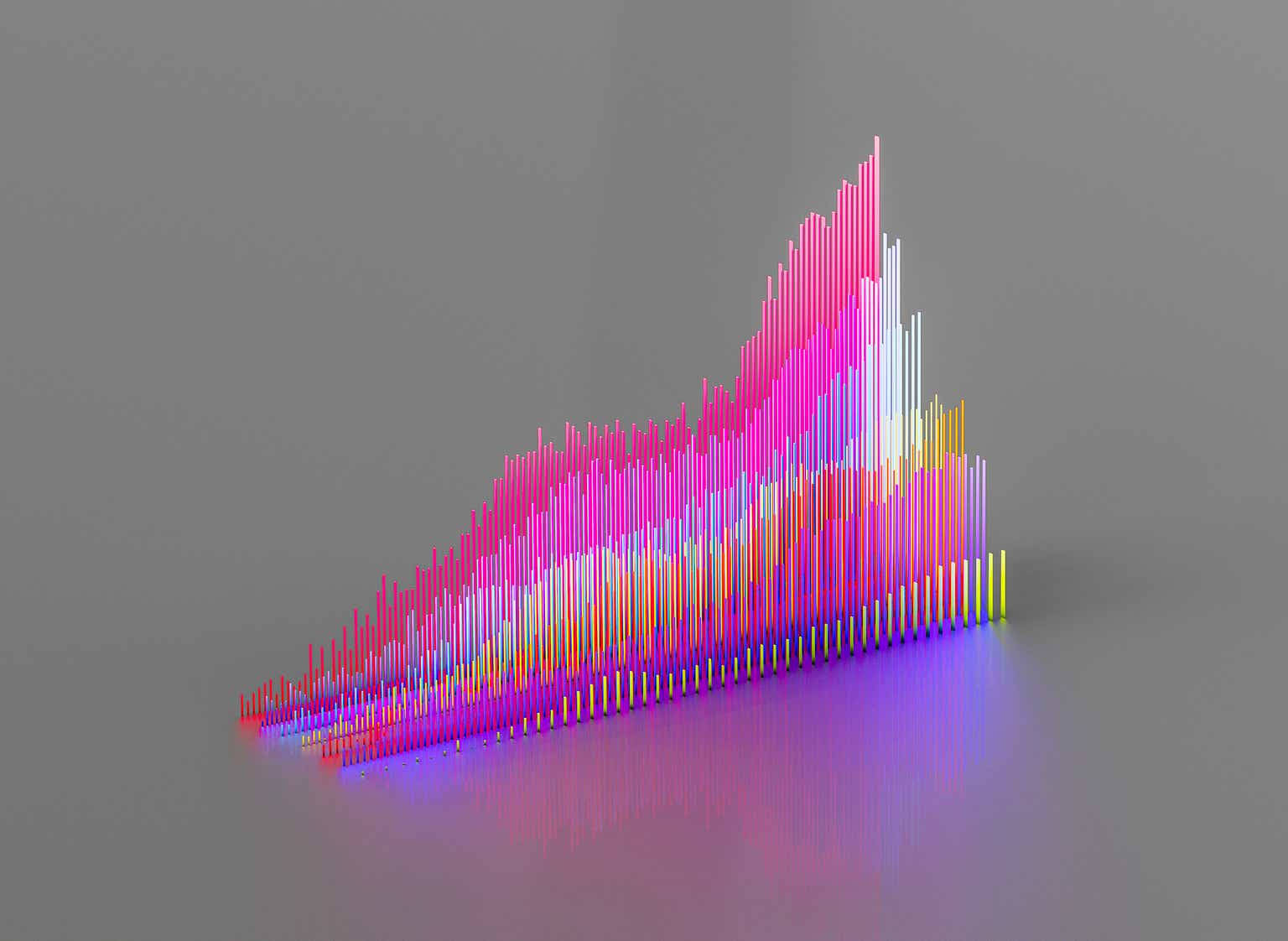After President Donald Trump's Sweeping Tariffs, This Is the Safest Stock to Buy -- and There's No Comparison
President Donald Trump's broad-based tariffs sent shock waves through the stock market. The Dow Jones Industrial Average fell nearly 1,680 points on April 3, marking the worst day for the stock market since 2020. Following Trump's announcement, investors seemed blindsided by the magnitude of the tariffs and the way they were calculated, leaving them confused about their potential impact on the broader economy.The utter chaos might leave investors wondering if it's simply best to stick with cash during this tumultuous time. While that may not be the worst idea, there is one safe stock that I think investors can buy amid the uncertainty -- and nothing else compares.Trump's tariffs are so broad and so heavy that nearly every sector is likely to feel some impact, largely because the tariffs could hit U.S. gross domestic product (GDP). Carl Weinberg, chief economist at High Frequency Economics, said in a research note that U.S. GDP could contract by 10% in the current quarter. Weinberg projects that the tariffs could take a $741 billion bite out of U.S. household real incomes or corporate earnings. Economists at JPMorgan Chase say the tariffs amount to the largest tax increase on the consumer since 1968.Continue reading

President Donald Trump's broad-based tariffs sent shock waves through the stock market. The Dow Jones Industrial Average fell nearly 1,680 points on April 3, marking the worst day for the stock market since 2020. Following Trump's announcement, investors seemed blindsided by the magnitude of the tariffs and the way they were calculated, leaving them confused about their potential impact on the broader economy.
The utter chaos might leave investors wondering if it's simply best to stick with cash during this tumultuous time. While that may not be the worst idea, there is one safe stock that I think investors can buy amid the uncertainty -- and nothing else compares.
Trump's tariffs are so broad and so heavy that nearly every sector is likely to feel some impact, largely because the tariffs could hit U.S. gross domestic product (GDP). Carl Weinberg, chief economist at High Frequency Economics, said in a research note that U.S. GDP could contract by 10% in the current quarter. Weinberg projects that the tariffs could take a $741 billion bite out of U.S. household real incomes or corporate earnings. Economists at JPMorgan Chase say the tariffs amount to the largest tax increase on the consumer since 1968.







